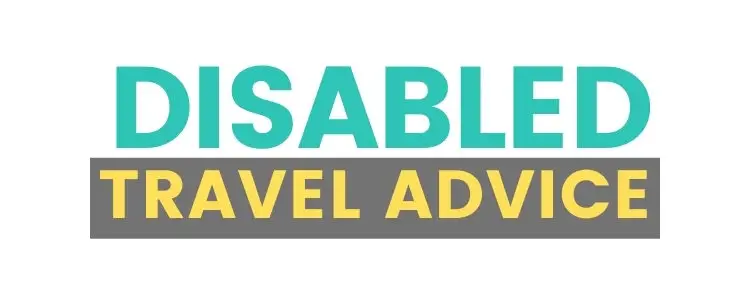With all the careful planning in the world, things can still go wrong when you travel. As we all know, pictures in guidebooks can prove very different from reality, and sometimes the disability information turns out to be inaccurate too. If you go on holiday and find out that your accommodation simply isn’t suitable, what can you do?
Your Rights
As long as you have made sure to check the situation carefully before you go, and as long as there is written confirmation of the standard of accommodation you were originally offered, the law is on your side when that accommodation proves inadequate. This means that you are entitled to receive your money back and you can sue for reasonable expenses incurred as a result (usually accommodation owners prefer to settle out of court, saving both parties legal fees).
Whom you should approach about compensation depends on who was responsible for misrepresenting the accommodation. In some cases it will be the owner whilst in other cases it could be an agency. If there is more than one person involved and each tries to pass responsibility to the other, ask your local Citizens’ Advice Bureau to help you determine the best course of action.
Where alternative accommodation is available nearby, with the same owner, you can request to use this instead and you should not be charged extra even if it is more expensive (this doesn’t mean you can rent a five star room in another hotel and expect to be recompensed for it unless it’s the only option available). If the new accommodation still leaves you with problems you can request a discount.
Requesting Changes
In some cases, initially unsuitable accommodation can be adapted to better fit your needs. If the problems with it affect your ability to do basic things like sleeping or washing, you can insist that changes are made straight away, even if it’s outside normal working hours. You are not liable for any costs incurred as a result and, in fact, good accommodation providers will often offer you a discount in this situation.
If changes are made promptly to bring your accommodation up to standard, you will not normally be able to claim money back because it wasn’t good enough in the first place. If you still want to express your concerns, internet review sites are a good way to get a warning out to any other disabled traveller who might be considering staying there.
If you feel that you have been really badly let down, you can make a complaint to the local council where the accommodation is located; this will be considered the next time its licence comes up for renewal. You can also talk to the British Hospitality Association who stand up for the rights of accommodation owners but are quick to act if they feel one of their members is letting them down.
Finding a Place to Stay
If all else fails and you simply can’t stay in the place you booked, what are your options? This depends on where you are. It’s relatively easy to find alternative accommodation in big cities, but in small towns and villages it can be more difficult, especially if not many buildings are accessible for you. Rather than traipsing around looking for a suitable place directly, it’s best to visit travel agents or accommodation agencies who can advise you on what’s available.
If you arrive at a time that makes this approach difficult, try to get on the internet to search that way. You can do this for free in public libraries, many of which stay open late, or you can visit an internet café. If you have your own laptop you’ll find wireless access available in most places in the UK and in most popular European destinations.
If the worst comes to the worst, look for a youth hostel. Most youth hostels have some adapted accommodation for disabled people and, whilst it might not be ideal, it will at least provide you with somewhere to spend the night before getting things sorted out in the morning.

